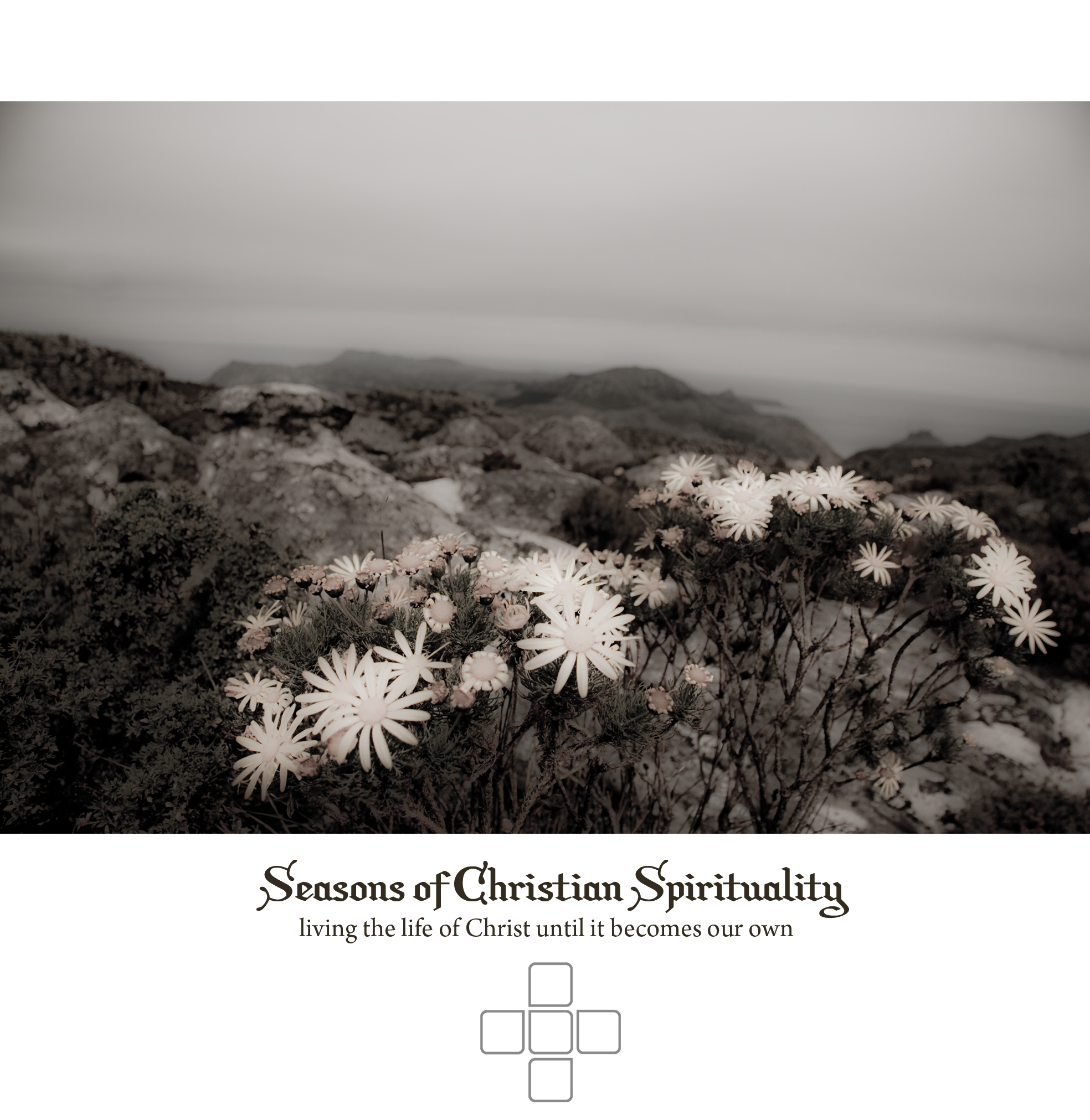In first century Palestine, weddings were playful affairs. Festivities often built up in anticipation, ever-intensifying receptions prior to the ceremony instead of afterward as in our American tradition. Then, as now, many young people would get carried away with their partying and sometimes neglect the bride and groom.
As someone who has officiated countless weddings, let me tell you wedding attendants are often the foils to the bride and groom rather than their “best” man or maid of “honor.”
In the parable of the ten virgins, Christ talks about such a group of bridesmaids—they get carried away dancing and laughing and drinking, and forget to keep their lamps filled in preparation for the arrival of the groom. These lamps were special, serving to illuminate a romantic runway guiding the groom to his bride; and, if the lamps were doused or extinguished, the effect would be ruined.
I once officiated a wedding for which the maid of honor arrived wearing the wrong color shoes and sash. The effect was much the same. The ceremony was beautiful and went off without a hitch, but the bride was irritated at the thoughtlessness of her friend.
Having your lamp go out would be like that.
As a result of being preoccupied with their own pleasure, five of the ten bridesmaids miss out on the wedding and are universally shamed and scorned. Like so many of Jesus’ parables, this one makes immediate spiritual sense to us, demonstrating two important truths:
There are certain things you cannot get at the last minute.
There are some things you cannot borrow.
Simply put, the time to get right with God is now. Let’s not put this off until our own pleasures and enjoyments in this life are suddenly exposed as self-indulgent and unsatisfying. Similarly, let’s not pretend that union with Christ is something we can get through our heritage or our church or our cultural background.
We either have oil in our own lamps or we don’t.
This post is from Seasons of Christian Spirituality.
fossores
Related posts
Categories
Category Cloud
Tag Cloud
Recent Posts
- Victors and Victims November 6, 2018
- 3 Hacks for Happiness October 29, 2018
- Hope Against Death September 20, 2018
- The Shape Of The Cross September 19, 2018


